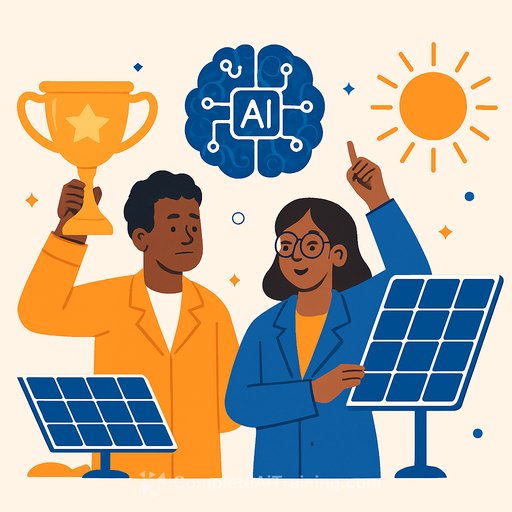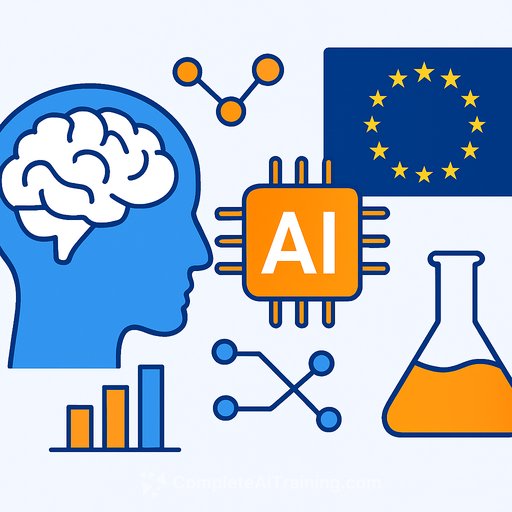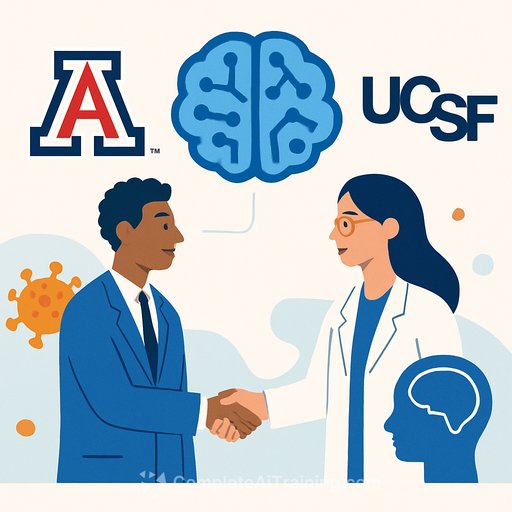Argonne scientists honored for breakthrough in AI-driven solar cell research
August 12, 2025
Scientists from the U.S. Department of Energy’s Argonne National Laboratory received the 2025 Royal Society of Chemistry’s Materials Chemistry Horizon Prize for their work in solar cell research. This award recognizes their key contribution to an international collaboration that applied artificial intelligence (AI) to speed up the discovery and optimization of advanced materials for solar energy.
The winning team includes 89 researchers from five continents, featuring experts from Argonne, the University of Cambridge, STFC Rutherford Appleton Laboratory, the Australian National Science and Technology Organisation, and other institutions. Their approach combines chemistry, AI, and high-performance computing to transform the process of developing solar cell materials.
Accelerating solar cell innovation with AI
The research focused on organic dye-sensitised solar cells, which offer an alternative to traditional silicon panels. Using AI-powered software and extensive simulations, the team screened nearly 10,000 organic dyes to identify the most promising candidates for solar energy capture.
A high-throughput automated workflow was essential. It integrated data mining, machine learning, and quantum chemistry to quickly assess dyes based on molecular structure, polarity, and light absorption. This process narrowed the selection to five top-performing dyes, which were then validated through lab experiments and prototype devices.
Supercomputing powers discovery
The Argonne Leadership Computing Facility (ALCF), one of the world’s leading supercomputing centers, made this work possible. The ALCF enabled large-scale, detailed simulations that replaced traditional trial-and-error methods with a more focused and faster approach.
By combining experimental and computational data into an open-source dye database, the team created a foundation for future research. These tools are now applied in areas such as battery design, magnetism, and optoelectronics, demonstrating their broad relevance across materials science.
Open source tools for global impact
A key outcome is the development of open-source materials databases and chemistry-aware AI tools. Researchers worldwide are using these resources to accelerate the discovery of advanced materials for various applications.
The software allows exploration of large datasets, simulation of chemical properties, and prediction of new materials with improved efficiency. This shortens the timeline from molecule discovery to market-ready technologies, helping translate research into practical solutions faster.
This project highlights the value of global collaboration. By combining expertise from universities, national labs, and research institutions across disciplines and countries, the team advanced solar cell technology and built tools adaptable to a wide range of clean energy and materials challenges.
Your membership also unlocks:






